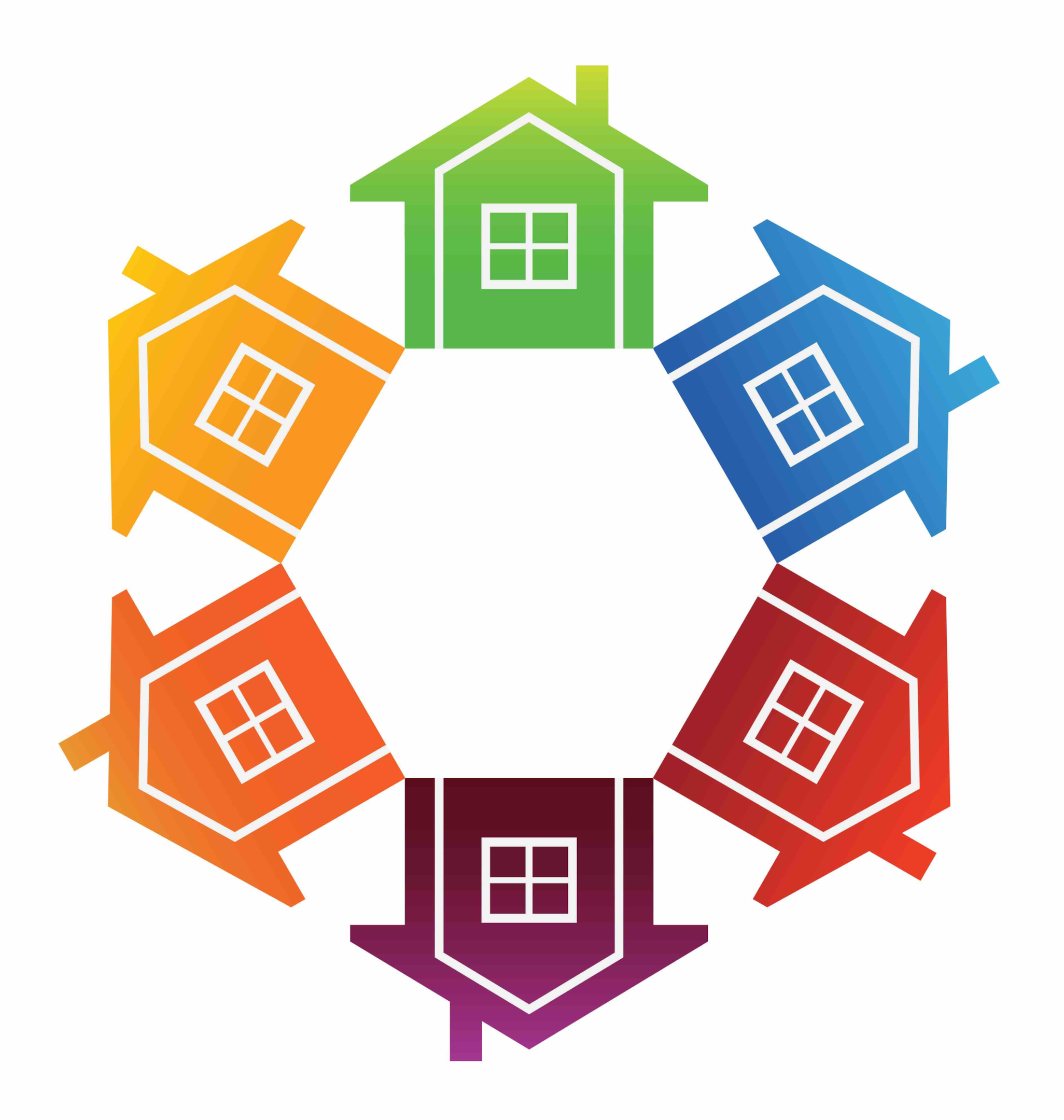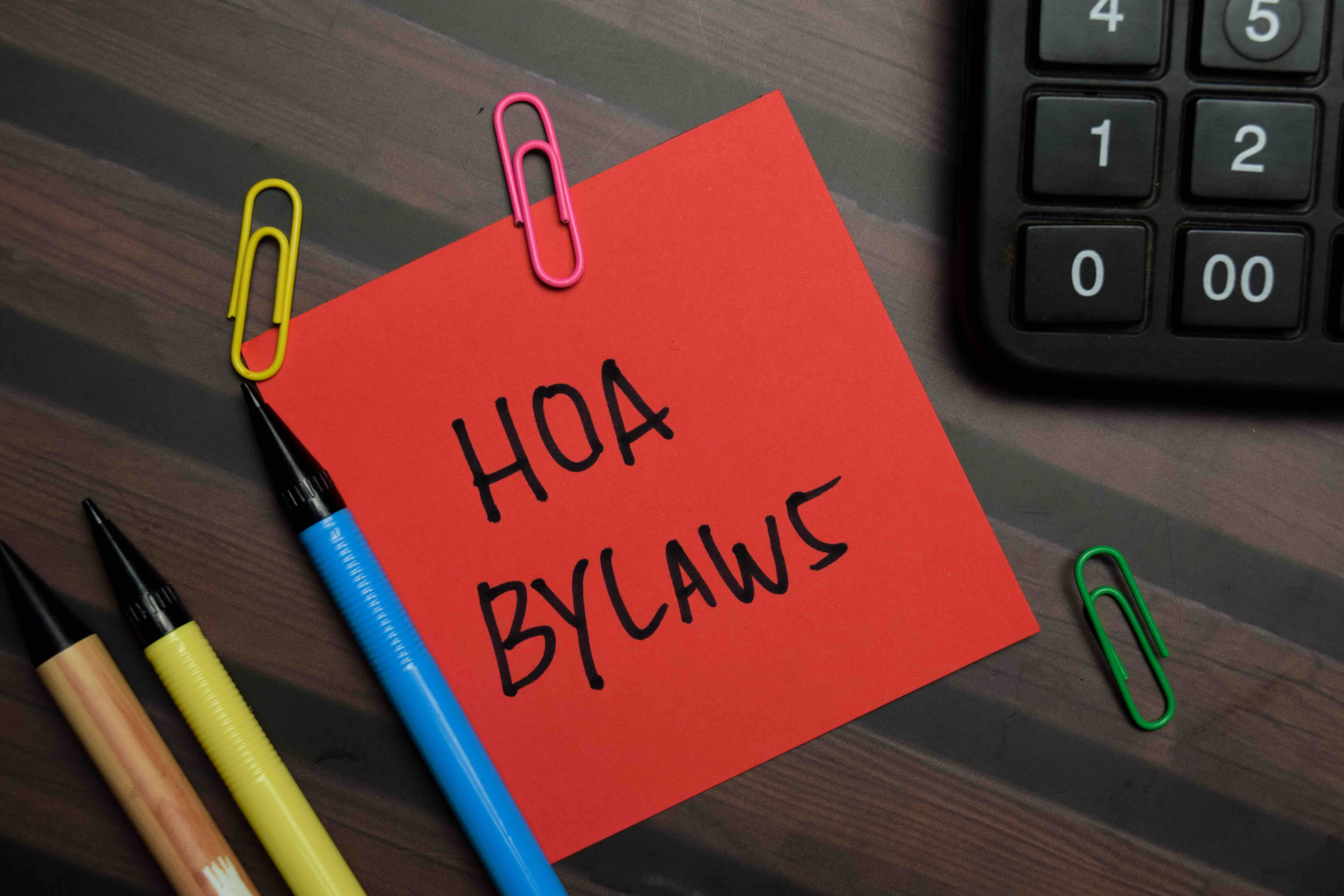
Are you a part of a condominium community, or considering joining one? A well-managed community relies on the dedication and efficiency of its condo association. In this blog post, we dive into the roles, responsibilities, and challenges of members in a condo association, exploring how they work together to create a harmonious living environment. Get ready to unravel the intricacies of condo board operations and learn how each member contributes to the success of the community.
Key Takeaways
- Condo Board Member Association is responsible for overseeing the daily operations, financial management, and common issues of a condominium.
- The board must understand their legal and financial responsibilities to ensure the association’s stability and protect its interests.
- Effective board meetings are essential for successful management by encouraging participation from all members in order to promote diverse perspectives & informed decision making.
Suggested Posts:
Apartment Intercom System: Ultimate Buyer’s Guide (2023)
How to Join an HOA Board: Qualifications, Roles, and Best Practices
Condo Intercom Systems – Guide to Upgrading
What is a Condo Board Member Association?

A Condo Board Member Association is a collective of elected volunteers, including condo board members, entrusted with the responsibility of overseeing the daily operations, financial management, and common issues within a condominium community, also known as condo boards. Their objective is to ensure that the principles of the condo’s building management and its financial resources are safeguarded, including maintaining accurate financial records.
By attending and participating in board meetings, board members make informed decisions that contribute to the overall well-being of the community. A well-rounded understanding of the association’s bylaws is crucial for board members as they carry out their duties, such as managing daily operations and addressing common issues within the community.
Understanding Condo Association Board Roles
The foundation of a Condo Association Board consists of four essential officer positions: President, Vice President, Secretary, and Board Treasurer. While the specific responsibilities of each board member may differ depending on the size and management style of the association, each role plays a vital part in the overall functioning of the condominium community.
By understanding the unique duties of each position, new board members can work as a cohesive team to ensure the best interests of the community are met and the association runs smoothly.
President
The President serves as the guiding force of the board, responsible for overseeing its business and affairs, and maintaining order during board meetings. They establish meeting agendas, ensuring that important topics are addressed and discussed in a timely manner.
A successful President must possess qualities such as impartiality, transparency, leadership skills, and the ability to collaborate effectively with fellow board members. Moreover, they should be comfortable delegating tasks and mediating disputes, always keeping the community’s best interests at heart.
Vice President
The Vice President is the right hand of the President, stepping in to provide assistance and support when needed. Their role is versatile and adaptable, taking on additional responsibilities as necessary to ensure the effective management of the condominium community.
A successful Vice President must possess qualities such as flexibility, organization, and excellent time management skills, as their role is often subject to frequent changes.
Treasurer
The Treasurer plays a crucial role in the financial management of the condo association, overseeing its finances, formulating budgets, and keeping track of expenditures. Attention to detail is paramount for a Treasurer, as they need to ensure the association’s financial stability and make informed decisions on budget allocation.
While it is beneficial for a Treasurer to have an interest or experience in financials, this is not a prerequisite, as long as they possess the necessary skills to manage the association’s finances effectively.
Secretary
The Secretary is responsible for maintaining records and ensuring accurate documentation of board actions, including taking meeting minutes and distributing essential documentation to other board members. They collaborate with the Board President to determine the items to be included on the agenda for each meeting and make sure that all relevant information is available to the board members.
The Board Secretary plays a vital role in ensuring transparency and accountability within the board, allowing for effective communication and informed decision-making.
Governing Documents and Bylaws

Governing documents and bylaws provide the framework for condo board operations, setting the stage for a well-functioning condominium community. These documents, such as the Declaration of Covenants, Conditions, and Restrictions (CC&Rs) and specific bylaws, outline the rules and regulations that govern the association and dictate the responsibilities of both the board members and the unit owners.
By adhering to these guidelines, the board can ensure that the community runs smoothly and maintains a harmonious living environment for its residents.
Declaration of Covenants, Conditions, and Restrictions (CC&Rs)
CC&Rs are an important component of the governing documents, as they outline the rules and regulations for the condominium community. These regulations encompass limitations on the utilization of the property, such as noise levels, parking, and pet ownership, ensuring safety, convenience, and property value preservation for all residents.
By enforcing the CC&Rs, the board of directors demonstrates its commitment to maintaining a well-functioning community and protecting the rights and interests of all unit owners.
Bylaws
Bylaws are another crucial element of the governing documents, as they define the positions, duties, and responsibilities of the board members and regulate the board’s decision-making processes. These bylaws provide a clear structure for the board to follow, ensuring that the condominium community is managed effectively and in accordance with legal requirements.
By adhering to these bylaws, the board can ensure transparency, accountability, and a strong foundation for community governance.
Collaborating with a Property Management Company
In addition to the roles and responsibilities of the individual board members, collaborating with a property management company can greatly benefit the overall management of the condominium community. A property manager from the property management company can help the board navigate daily operations, finances, and other tasks that may be beyond the expertise or capacity of the board members.
The community manager, who acts as a liaison and advisor between the board and the management company, plays a crucial role in fostering effective communication and ensuring the smooth operation of the community.
Community Manager’s Role
The community manager assists the board in implementing decisions, managing violations enforcement, and maintaining a healthy relationship with the board and the property management company. Their role is essential in ensuring that the board’s decisions are effectively executed and that the community’s rules and regulations are enforced in a fair and consistent manner.
By maintaining open lines of communication between the board and the property management company, the community manager contributes to a well-functioning condominium community that benefits all residents.
Effective Board Meetings

Effective board meetings are crucial for the successful management of the condominium community, as they provide a platform for open communication and active participation from all board members. In order to achieve this, it is essential to have a clear agenda, structured meeting format, and a commitment to fostering diverse perspectives and informed decision-making.
By ensuring that all board members are engaged and involved in the decision-making process, the board can make informed decisions that best serve the interests of the community.
Setting an Agenda
Setting an agenda is a vital component of effective board meetings, as it helps guide the board meeting and ensures that all important topics are addressed in a timely manner. By clearly outlining the items to be discussed and allocating appropriate time limits for each topic, the board can maintain a focused and efficient meeting that covers all necessary issues.
Additionally, assigning a person to lead the discussion for each topic can help keep the meeting on track and encourage active participation from all board members.
Encouraging Participation
Encouraging participation from all board members is essential for promoting diverse perspectives and informed decision-making in the condominium community. By fostering an environment that values open communication and active engagement, the board can ensure that all voices are heard and that decisions are made with the best interests of the community in mind.
In addition, encouraging participation can contribute to improved trust and transparency between board members and homeowners, further strengthening the overall governance of the community.
Managing Conflicts and Disputes
Conflicts and disputes within the condominium community are inevitable, but managing them effectively is crucial for maintaining harmony and preserving the board’s authority. By employing mediation techniques, maintaining fairness in decision-making and rule enforcement, and demonstrating a commitment to resolving issues amicably, the board can effectively address conflicts and disputes, while ensuring the best interests of the community are upheld.
Mediation techniques can be used to help resolve disputes in a timely and cost-effective manner.
Mediation Techniques
Mediation techniques, such as active listening and finding common ground, can help board members navigate conflicts and find mutually beneficial solutions. By fostering open communication and encouraging all parties involved to express their concerns and perspectives, board members can work towards a resolution that benefits the entire community.
Employing effective mediation techniques can also contribute to improved trust and transparency between board members and homeowners, further bolstering the overall governance of the condominium community.
Maintaining Fairness
Maintaining fairness in decision-making and rule enforcement is crucial for preserving the board’s authority and community harmony. By upholding a sense of fairness in all aspects of community management, the board can demonstrate its commitment to treating all residents equitably and addressing their concerns in a just manner.
Ensuring that all perspectives are taken into consideration and that decisions are made with the collective interests of the community at heart can help foster trust and respect among residents, ultimately contributing to a well-functioning condominium community.
Legal and Financial Responsibilities
The legal and financial responsibilities of the board play a critical role in the successful management of the condominium community. By effectively preparing and monitoring budgets, meeting insurance requirements, and ensuring compliance with laws and regulations, the board can maintain the financial stability of the association and protect the community’s assets and interests.
Understanding and fulfilling these responsibilities is essential for a well-functioning condominium community.
Budget Preparation and Monitoring
Budget preparation and monitoring are essential components of the board’s financial responsibilities, ensuring the association’s financial stability and proper allocation of funds. By closely monitoring the budget and making informed decisions on budget allocation, the board can effectively manage the association’s finances and ensure that the community’s needs are met.
In addition, maintaining accurate financial records and regularly reviewing the association’s financial status can help identify potential issues and facilitate proactive financial management.
Insurance Requirements
Insurance requirements are a crucial aspect of the board’s legal and financial responsibilities, as they protect the community’s assets and provide liability coverage for common areas. The board of directors is responsible for ensuring that the condominium association has adequate insurance coverage in place, including property and liability insurance.
By staying informed about insurance requirements and regularly reviewing the association’s policies, the board can safeguard the community’s assets and protect the interests of all residents.
Compliance with Laws and Regulations
Compliance with laws and regulations is a critical responsibility of the board, ensuring that the condominium community operates within legal boundaries and maintains a well-functioning environment. The board must be aware of and adhere to state and local laws governing condominium associations, as well as any specific regulations outlined in the governing documents and bylaws.
By staying informed about legal requirements and proactively addressing potential compliance issues, the board can effectively manage the community and protect the best interests of all residents.
Summary
In conclusion, the Condo Board Member Association plays a pivotal role in the successful management of a condominium community. Through the effective collaboration of board members in various roles, adherence to governing documents and bylaws and a commitment to legal and financial responsibilities, the board can ensure a well-functioning and harmonious living environment for all residents. As a condominium community resident or board member, understanding these roles and responsibilities is crucial for the continued success and growth of the community. Together, we can create vibrant, thriving neighborhoods that we can all be proud to call home.
Frequently Asked Questions
What is the role of the board in a condominium?
The board of directors are elected by the homeowners to run the condominium, manage the condo association and negotiate successful contracts for maintenance and landscaping. They work with the management company or self-manage, while applying the rules fairly.
The board is responsible for setting the budget, collecting assessments, and ensuring that the association is in compliance with all applicable laws. They also oversee the maintenance of common areas, such as the pool, clubhouse, and landscaping. They are.
How do you become an effective condo board member?
To become an effective condo board member, you should treat it like a business, set your emotions and interests aside, consider the use of technology to ease your job, remember that different ideas aren’t wrong ideas, be sure you are protected, show up for meetings, and be careful not to burn out.
Who regulates condo associations in Illinois?
In Illinois, condo associations are regulated by both state and federal laws.
Are emails between board members confidential?
Board members have a legal obligation to protect confidential information. As such, emails sent between board members may be considered private records and cannot be viewed by owners.
However, it is important to note that boards cannot conduct association business via email.
Upgrade Your Building Security
Get in touch with a Swiftlane specialist for more information on the best access control and video intercom solution for your building.




